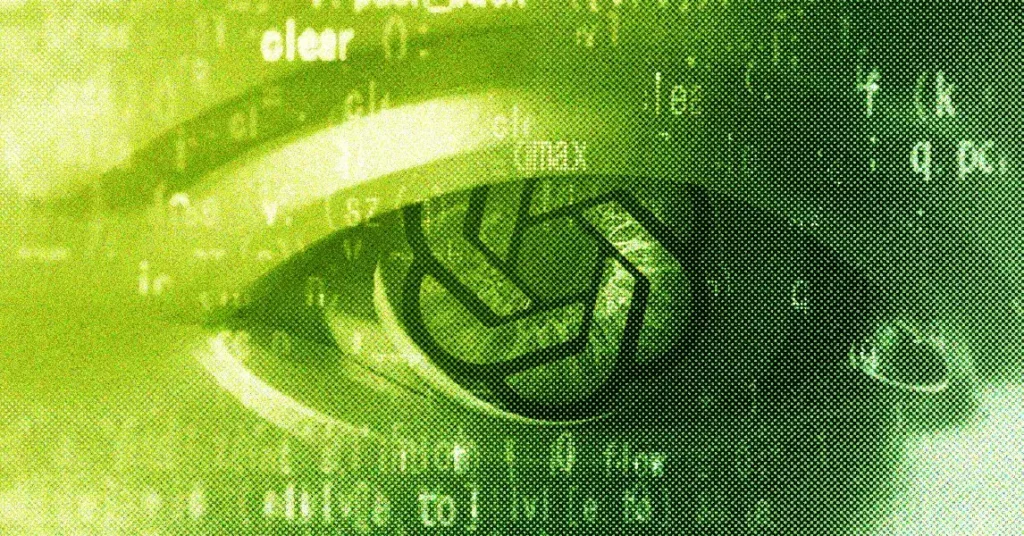In a world increasingly driven by technological optimism, the development of smart home devices exemplifies a broader shift towards automation and peace of mind. However, beneath this veneer of convenience lies a complex debate about our reliance on technology to oversee even the most trivial aspects of our daily lives. Take, for example, intelligent pet monitoring systems like the “OnlyCat” device that employs computer vision to police your pet’s escapades. While such innovations promise to enhance security and reduce chaos — like rabbits and frogs sneakily infiltrating the house — they also reveal a troubling reality. Are we sacrificing genuine connection for algorithmic surveillance? These devices, often touted as tools for pet owners, symbolize a broader trend of surrendering personal oversight to machines, replacing intuition and human judgment with cold, predetermined logic. This evolution alters our homes from sanctuaries of personal control into environments monitored and mediated by impersonal AI, raising questions about privacy, autonomy, and the true cost of tech-driven convenience.
Performance Fabrics and Personal Comfort in a Climate of Extremes
On the surface, the focus on everyday clothing like merino wool T-shirts may seem superficial amid larger societal concerns. Yet, these seemingly mundane products embody a deeper philosophy about how we adapt to an increasingly unpredictable world. The virtues of merino wool — its moisture-wicking, thermoregulating, and antimicrobial properties — go beyond trivial fashion choices. In a climate crisis teetering between relentless heatwaves and unseasonal cold snaps, our clothing choices reflect an essential new frontier in human resilience. We are asked to rethink comfort, not as passive luxury but as a crucial element of survival and well-being. This shift isn’t purely about outfitting ourselves with premium gear; it signifies a modest rebellion against disposable fast fashion and the consumerist frenzy that fuels environmental degradation. Wearing high-performance, sustainable fabrics becomes an act of defiance — a way to maintain dignity, comfort, and responsibility in a world where extremes are becoming the norm.
The Subtle Power of Center-Right Liberalism in Modern Discourse
Amid the noise of polarized politics, the center-right wing liberal perspective offers a pragmatic yet optimistic approach to societal progress. It advocates for technological innovation and personal responsibility, balancing individual freedoms with the need for order and stability. Critics often dismiss such views as complacent or conservative, but they inherently recognize that unchecked extremes — whether in government policy, environmental neglect, or cultural upheavals — threaten social cohesion. Embracing solutions like sophisticated home automation or advanced textiles isn’t about surrendering control; it’s about deploying the right tools to improve quality of life while maintaining a critical eye on the implications. This centrist stance promotes sustainable progress, encouraging technological adoption that aligns with human values rather than erodes them. It urges us to harness innovation not as a reckless march forward, but as a deliberate step toward greater independence, resilience, and dignity in an unpredictable world.
The Ethical Dilemmas of Automation and Surveillance
Despite the undeniable benefits, technological advancements in home security, clothing, and everyday gadgets reveal a paradox: they often deepen our dependence on devices that track, analyze, and preempt our actions. The cat-door camera, for instance, exemplifies a society eager to delegate control, monitoring even the most trivial pet behaviors with the promise of convenience. But at what point does this border on intrusion? By allowing AI to decide what enters our homes, we risk cultivating a passive society blind to the importance of personal vigilance. Furthermore, these devices generate vast pools of data, raising concerns about privacy and surveillance. The relentless march of automation threatens to redefine human agency — making us overseers of machines rather than masters of our environments. A centrist approach would question whether this technological arms race serves us or subtly subverts foundational principles of autonomy and trust. It’s imperative to strike a balance: leveraging technology to serve human needs without relinquishing our critical oversight and ethical boundaries.
The Future of Comfort and Control
Ultimately, these innovations prompt a vital reflection on what constitutes genuine comfort in an era of upheaval. The desire for high-performance clothing, smart home devices, or pet guardians reflects a broader aspiration for control — over our environment, our health, and even our peace of mind. But this pursuit must be tempered with skepticism about where we draw the line. As a center-right liberal, I believe in empowering individuals through smart, responsible technology that enhances autonomy rather than erodes it. The challenge lies in adopting innovations that bolster resilience without infantilizing or overcontrolling us. This involves a nuanced understanding that comfort is not merely about immediate gratification but about fostering a sustainable coexistence with our environment, our technology, and each other. The future invites us to integrate ingenuity with prudence, forging a landscape where humans remain at the core of decisions, armed with tools that serve rather than dominate.









Leave a Reply